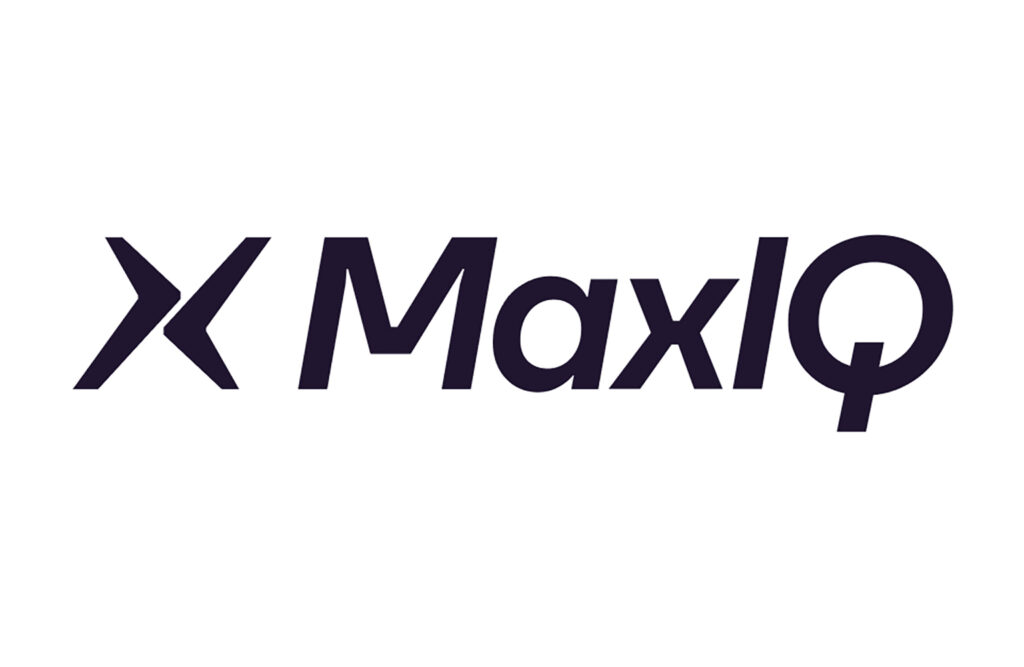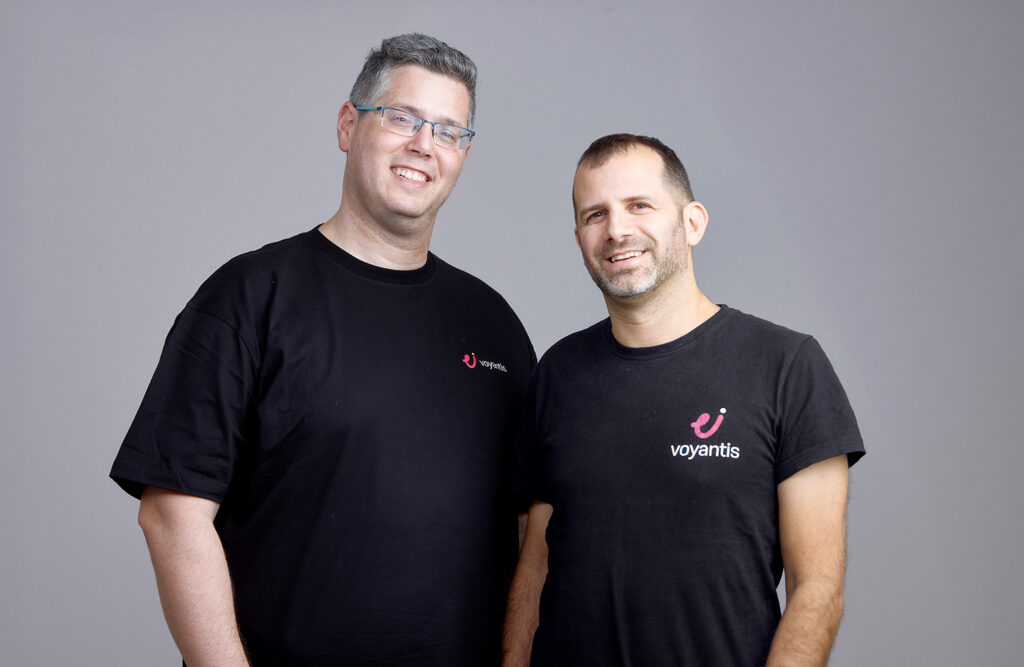
Intel Capital ramping up team, efforts in Israel
By Eran Bar Tal, Israel Hayom
While it was my first time at the annual conference of Intel Capital, the investment arm of the chip giant, which was held in Arizona this year, at no point did I feel like a stranger. To be honest, you can't hear so much Hebrew even at the Jewish Agency conferences, and since many of the Israelis are in fact "bots", most of the Hebrew conversations are held on the phone.
Israelis hate to meet their fellow nationals when they travel, but this was not the case in this prestigious conference. As soon as I entered the conference hall, I was approached by a woman from Lithuania, "I can see you're from Israel€¦" she said. "That's right, I write for Israel Hayom," I replied. She pulled out an iPad to show me the product her company makes: a scanner that scans objects on a clear background, so you can embed them to any photo received on a tablet, smartphone or PC.
For example, you look at a table through your smartphone lens and drag a scan of a lampshade to illustrate how the combination would look like in real life. The technology is already used in online stores. It was a nice start, especially after she told me the Company is headquartered in Tel Aviv because Israeli applicants proved the best candidates to run the company.
A lesson in interpersonal chemistry
The conference hosts all the companies in which Intel Capital has invested. About half of them are from Israel and even if not, there is always the Israeli connection. Intel does not like to talk about it and for a good reason. After all, it has no policy that says Israel should be preferred. However, in this universe, all the roads lead to Zion, as happened to the Lithuanian startup. In 2018, Intel Capital invested some $400 million, of which $120 or 30% went to Israeli companies. This investment focused on 14 Israeli companies out of 60 companies around the globe, nearly one quarter. Everyone would tell you that there is nothing you can do about it because Israel has the largest number of interesting startups. But Wendell Brooks, president of Intel Capital, who was named to this position some five years ago, says Israel is probably the most interesting place in the world after Silicon Valley.
By the way, the event was concluded with over 500 drones that appeared suddenly in the sky, creating beautiful shapes.
Sleeping with the enemy
In a conversation with Intel Capital's Israeli investment team, which is led by Yair Shoham and includes Roi Bar Kat, Adi Caspi-Zepkowitz and Noam Kaiser, their pride is shining through: "Our investment budget is not allocated by nation but by the viability of the investment. As you can see, the results speak for themselves: there is no proportion between the size of Israel and the scope of the investments channeled to it," concludes Bar Kat.
The meetings with the representatives of the startups at the conference spark the imagination and inspire: someone in the team tells me: "Our job is quite similar to yours. Similarly to journalists, we too look for stories, meet interesting people and choose in whom to invest." Shoham adds, "we must first tell there is chemistry with the entrepreneurs. They must be people you feel comfortable working with."
Although this is clearly a tough world measured meticulously on all aspects and achievement is the name of the game, I had a feeling Shoham meant every word. The other team members are also friendly and matter of fact. When I asked them if it is the Israeli karma that allows us to create big successes and sell them to American companies, they say, "This is no longer true. Once you reach a certain scale, you need much more money and the money is overseas. However, in most cases, even when a company raises capital in the USA or is sold to another corporation, its operations remain in Israel. Only part of the management team relocates," points out Noam Kaiser.
I thought I would have to set up formal meetings with companies, but I hardly needed to. I just walked around the hotel and spoke with fascinating people. Some of them shared their stories with me but asked that I keep it to myself, since they are in different stages of patent registration and any information published before the registration may thwart the process. Others, however, are already on the market and their stories can be told. Take Roy Halevi, for example, who founded Intezer with two of his friends.
They had a cyber background from their military service, but mostly very original thinking. While the rest of the world is looking for solutions to ward off cyber-attacks, they had a different idea: follow the attackers, not the attacks,
Bar Kat explains: "Attackers do not reinvent themselves daily in the same way that we do not. Work evolves: we adopt a work with certain codes and keep adding and modifying. If we learn to know the enemy – their codes, what they are after, whom they would like to attack, we may be able to anticipate and even block them. In a way, it is like the security forces are working: tackling every incident while getting to know the enemy."
Intel controls the board
Halevi classifies the attackers into three key groups: nations, crime organization, and haphazard attackers. None should be taken lightly. Only three months ago, Bloomberg unveiled a "chance" cyber-attack in Germany. The attacker published on Twitter a file with personal information of members of parliaments, including their bank accounts and credit card. Since the list did not include representatives of the extreme right party, it was assumed that the attackers included political activists of that party. Cybercriminals land many successes, including blackmailing of mega-institutions. Hackers succeeded in obtaining medical records and extorting hospitals and insurance companies. And of course, North Korea and Iran are said to be strongly involved in online crime, including stealing money from Western banks.
Shoham explains that in addition to chemistry with the entrepreneurs, his company is looking for worthwhile investment opportunities that will generate a handsome return within a short time. But the essential prerequisite is that Intel will have what to contribute to the companies in which it invests. In a paraphrase on John Kennedy's quote, "Ask not what the company can do to you – ask what Intel can do for the company."
The contribution Intel is looking for is far greater than the millions of dollars it injects into a company. Investing in a company means it controls the cash flow and the board. While Intel does not assume responsibility to the ongoing management or R&D, it can certainly contribute from its experience and know-how. "At the end of the day, we are looking for companies that understand we will sleep well at night and that their management is responsible for paying salaries on time and meeting all other company's obligations."
Note: This is a translated version of an article that originally appeared in Hebrew.




